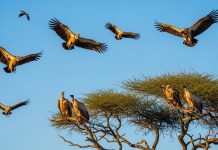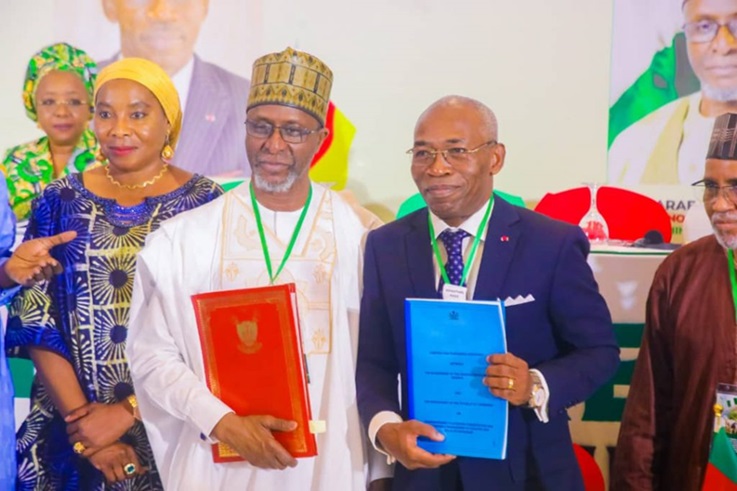Nigeria and the Republic of Cameroon have achieved a significant milestone by collaborating to sign a crucial agreement aimed at safeguarding wildlife and effectively managing natural resources that span their borders.
The agreement signed by Nigeria’s Environment Minister, Alhaji Balarabe Lawal, and Cameroon’s Forestry and Wildlife Minister, Jules Ndongo, marks a big step in safeguarding both famous wildlife and the lesser-known small creatures that are important in their environments.
The agreement is designed to address the widespread illegal trade in wildlife and forest products, an urgent problem emphasized by the 2023 wildlife section of the United Nations Office on Drugs and Crime’s Organized Crime Threat Assessment for Nigeria. This report emphasized the crucial role of Nigeria as a transit point for illegal trades such as pangolin, ivory, and rosewood, which come from Nigeria and neighbouring countries like Cameroon.
Lawal highlighted the importance of Nigeria and Cameroon working together to protect their natural resources. This is especially crucial due to the environmental challenges worsened by social issues such as overpopulation and poverty. He emphasized that relying solely on individual efforts is not enough and called for collaborative approaches at both bilateral and multilateral levels to effectively manage and conserve resources across borders.
Ndongo reiterated Lawal’s views, underscoring the necessity for collaborative endeavours in tackling illicit practices such as poaching and logging, which pose a significant threat to the sustainable administration of forest reserves. He implored the signatories of the agreement to exhibit resolute dedication towards its execution.
The agreement received praise from global allies, who acknowledged its importance in the fight against wildlife trafficking and the preservation of ecosystems. Tunde Morakinyo, the executive director of the Africa Nature Investors Foundation, commended the pact as a crucial measure for safeguarding shared biodiversity, particularly endangered species such as chimpanzees and elephants.
Mary Rice, the executive director of the Environmental Investigation Agency of the United Kingdom, stressed the significance of international collaboration in addressing the transnational problem of wildlife trafficking, which necessitates coordinated actions across borders.
The proactive approach of Nigeria to wildlife conservation has been praised by Peter Knights OBE, the CEO of the Wildlife Africa Fund. He highlighted the Nigeria-Cameroon Agreement on Transboundary Conservation as a testament to the country’s dedication to safeguarding biodiversity. This agreement serves as a crucial step in the worldwide battle against wildlife crime and establishes a model for future collaborative endeavours aimed at preserving our planet’s invaluable natural legacy for future generations.

















